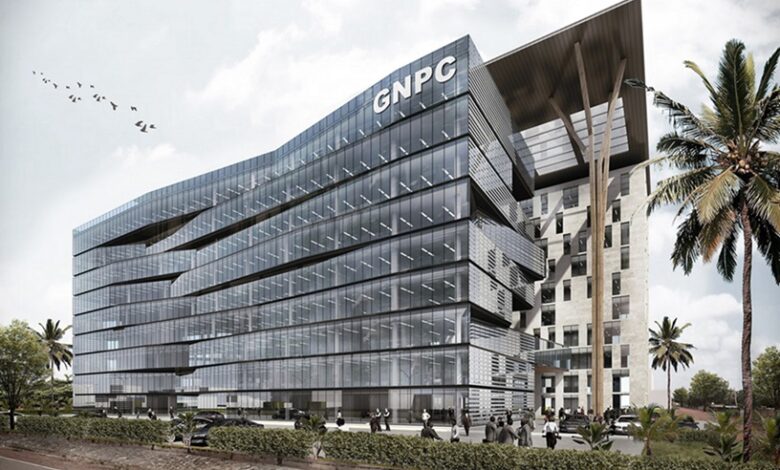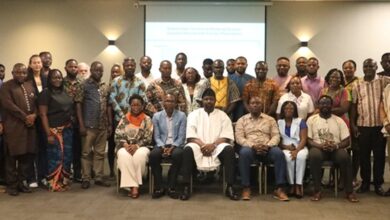GNPC Faces Revenue Crunch as Oil Receipts Plunge to Seven-Year Low

The Ghana National Petroleum Corporation (GNPC), the country’s National Oil Company is under mounting financial pressure as its revenues and spending hit their lowest levels in seven years, reflecting the growing strain on the country’s petroleum sector.
According to the latest report from the Public Interest and Accountability Committee (PIAC), GNPC received just US$65.26 million in allocations from the country’s oil-producing fields during the first half of 2025, a sharp 42.9 percent drop compared to the same period last year. Expenditure also fell by 62.4 percent to US$59.45 million, the lowest since 2017.
TEN Field Yields No Revenue
One of the most striking details in the report is the complete lack of revenue from the Tweneboa, Enyenra, Ntomme (TEN) Field, once a major contributor to Ghana’s oil earnings. Despite this, GNPC still had to pay US$2.45 million in equity financing costs to sustain operations.
This means the corporation is spending on a project that is currently bringing in no returns — a worrying sign that underlines the financial vulnerability of Ghana’s maturing oil fields.
Economic Ripples Beyond GNPC
The drop in GNPC’s income has implications far beyond the corporation’s balance sheet. Oil proceeds are a vital part of Ghana’s budget, feeding into the Annual Budget Funding Amount (ABFA) that supports infrastructure and social programs.
Lower inflows mean less money for public investment and reduced savings for future energy projects. Economists warn that sustained declines could weaken Ghana’s fiscal stability, especially as the government navigates tight financing conditions and ongoing debt restructuring.
Energy analysts attribute the dip to falling production levels, fluctuating global prices, and rising operational costs. With Ghana’s oil fields — Jubilee, TEN, and Sankofa — gradually aging, production efficiency has dropped, while new large-scale discoveries have yet to materialize.
Mounting Pressure for Policy Change
GNPC’s financial strain could force it to scale back exploration and delay partnerships that would expand production. Some industry observers say this should serve as a wake-up call for policymakers to diversify Ghana’s energy portfolio, investing more aggressively in gas, renewables, and local refining capacity.
“This signals a turning point for Ghana’s oil industry,” said one industry observer. “Without new investments or improved production efficiency, the sector’s contribution to national revenue could steadily decline.”
The Road Ahead
The PIAC report recommends a strategic reassessment of Ghana’s upstream operations, particularly struggling fields like TEN. Strengthening asset management, renegotiating production agreements, and creating incentives for exploration could help revive output.
For now, the numbers tell a sobering story: GNPC’s financial challenges mirror broader headwinds in Ghana’s oil economy. With production costs rising and returns falling, the country faces a crucial choice, either invest strategically to sustain its petroleum gains or risk watching its oil era fade sooner than expected.




